A two-day conference taking place in the shadows of the Macgillicuddy Reeks attracted delegates from all over the island of Ireland.
The conference, organised by the Irish uplands forum was held at The Dunloe Hotel, Beaufort, Killarney.
Finola Moylette, chief principal officer at the new Department of Rural Affairs, was present and told delegates: “Currently trail land is not eligible for direct payments. However, the Department of Agriculture is working with the EU to allow payments on this land in the future.”
Moylette said that they are trying to find a way to make state lands, such as those held by Bord na Móna, Coillte and Waterways Ireland, more available to the general public. One of the department’s priorities is to put a state indemnity scheme in place to aid the buy, in particular from private land owners.
Locals know the area best and need to be listened to. Doing this can provide opportunities in upland farming and best practice in this discipline and we need to hear more of it
Funding for the walks scheme is to be doubled under the new programme for government. It currently covers 39 walkways and has 1,900 participants on five-year contracts. Land owners are paid modest sums for the upkeep of national waymarked trails, with €1.8m available per annum.
A study of upland community groups
Dr Brendan O’Keeffe of Limerick Institute of Technology presented a review of a study of upland community groups. Addressing those present, he said that geographical peripherality is not an excuse – Japan has 97% upland and 3% arable, yet it is the third-largest economy in the world. Requirement for local management and ideas was emphasised throughout and an evidence-based approach is needed with strategic investment required, not subsidies.
No one size fits all and it will require the continual process of change.
He added that “locals know the area best and need to be listened to. Doing this can provide opportunities in upland farming and best practice in this discipline and we need to hear more of it.”
Dr O’Keeffe acknowledged that some of what has to be done requires farmers to go against years of advice on driving production, but is necessary to enable mountain people to sustain and improve their communities. No one size fits all and it will require the continual process of change.
Growing population
Irish upland areas saw a population increase of 8.5% to 83,600 people in the last 10 years. These areas have more children and elderly people than national average and notably fewer people between the ages of 20 to 39. This is proving to be a challenge, especially when trying to embed entrepreneurship, which is difficult when there is an out-migration problem.
Mountain areas are associated with having a high amenity value. They are a space for both production, in terms of agriculture and forestry, and consumption in the form of public amenity areas.
When questioned on whether we need to rephrase terms such as farming in these areas, Dr O’Keeffe responded saying: “The people who will come to that decision are the farmers who must have the conversation, not the geographers.”
The conference continues tomorrow.



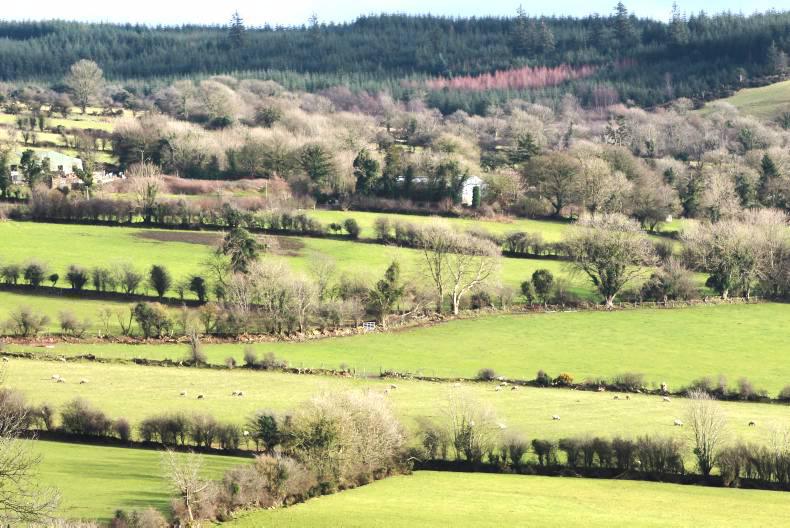
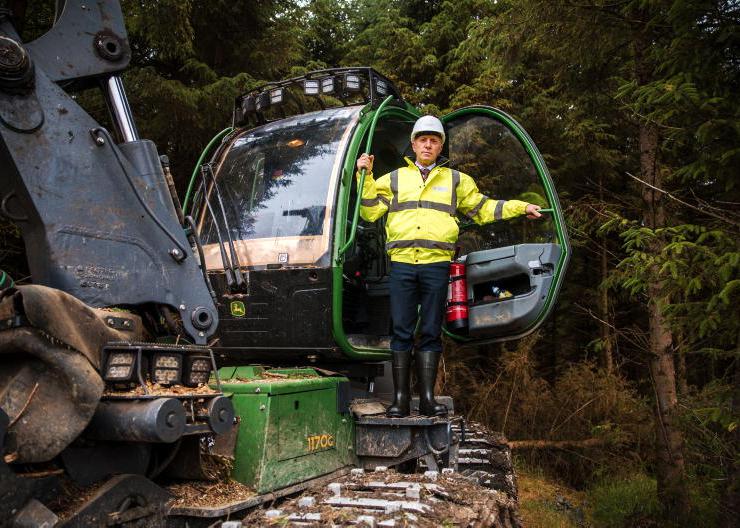

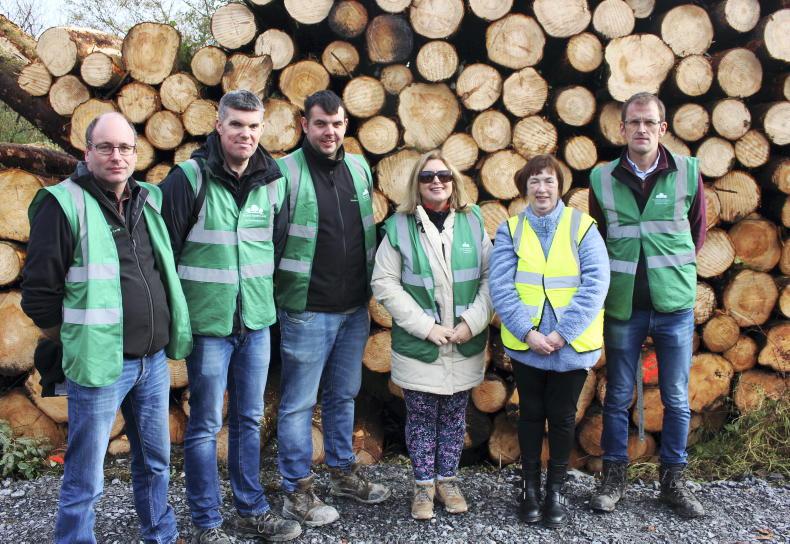
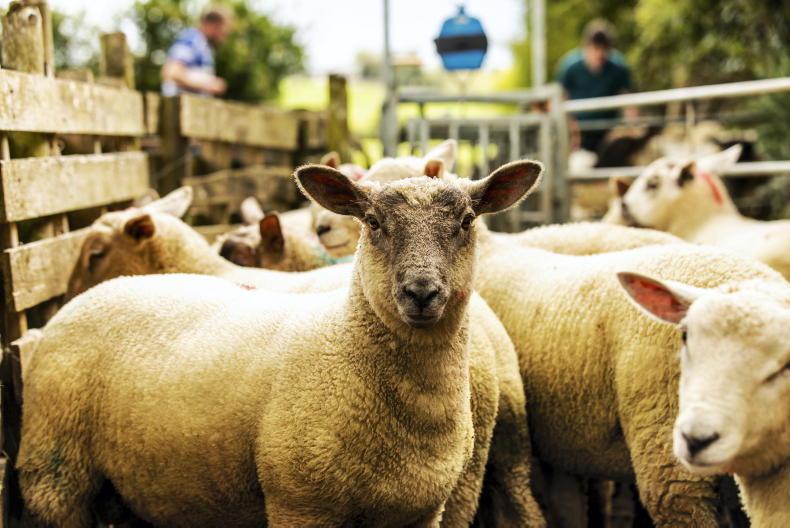
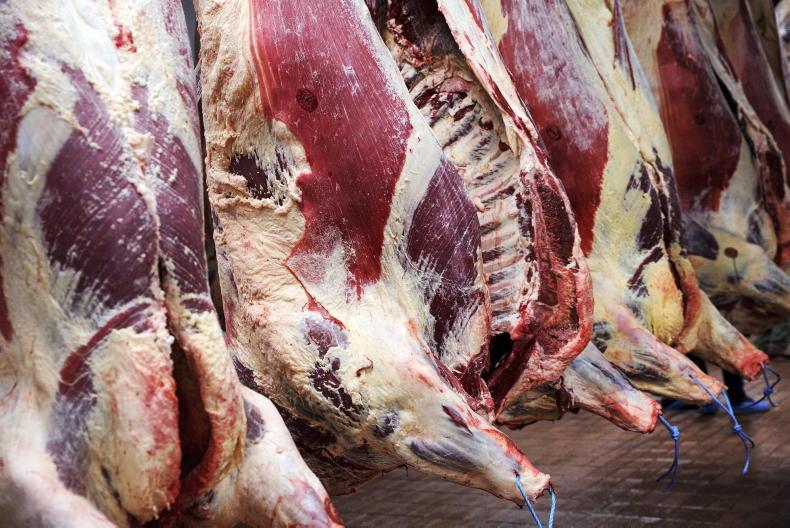
SHARING OPTIONS